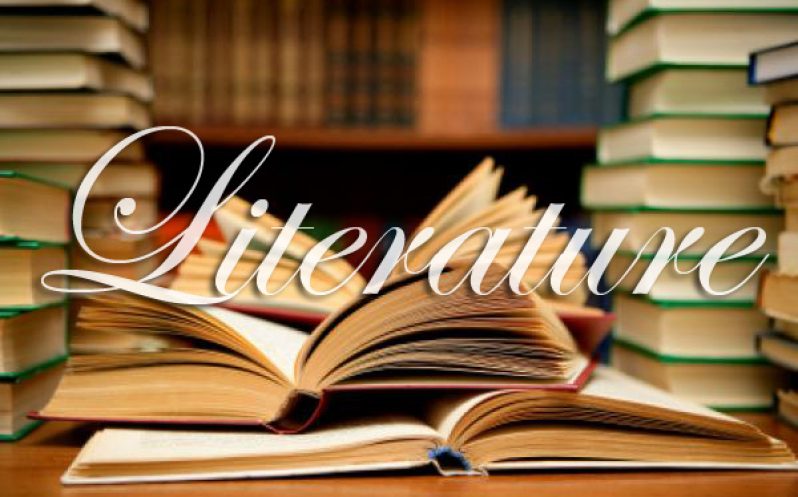As mentioned previously, “The Schooner Flight” is one of my favourite poems from Walcott’s Collected Poems 1948 – 1984. Even now, as we have arrived at the final article on this particular poem, it is important to note that there are still many facets of the poem

that is yet to be discussed and analyzed, many aspects of poem with much relevance to those of us in Guyana and the wider Caribbean.
Although Walcott begins the poem in what can be considered the contemporary Caribbean, as the poem moves along we see him beginning to often shift back into the past in order to emphasize the direct connection between the history of the West Indies and how our history has shaped what we are today. Take for example when he writes of the Middle Passage and describes the European sailors as “…men with rusty eyeholes like canons, / and whenever their half-naked crews cross the sun, / right through their tissue you traced their bones like leaves against the sunlight…” (lines 210-213). Literary critic, Mary Fuller, in her article “Myths of Identity in Derek Walcott’s ‘The Schooner Flight’” is quick to note that “While the sailors on the frigates were not only visible, but transparent, the denizens of the slave ships remain buried, unseen, unnamed” (Fuller 19).
The lack of details about the enslaved Africans in this part of the poem, when weighed against all of the imagery and metaphors that are presented to us about the white men, is an important step Walcott takes to drive home the point that the Africans on board the ship are stripped of their identity and humanity; we know nothing about them – they are voiceless. The connection between Shabine, the poem’s persona, representative of the contemporary West Indian, and the slaves, becomes clearer when the slaves themselves are referred to as “Shabines.” Such a connection might indicate that some West Indians of today are still “bound” and enslaved – to ideals, certain ideologies, the system – in a cycle of challenges and ordeals that began with their ancestors.
Later on in the poem, Walcott shifts his focus to the predecessors of the Africans in this part of the world – the indigenous peoples of the West Indies – writing that “Progress is something to ask Caribs about / They kill them by the millions, some in war, / some by forced labour dying in the mines, / looking for silver, after niggers; more / progress…” (lines 306-310). Walcott is clearly talking about the Carib genocides and the enslavement of the Caribs by the Europeans, all of which was done in the name of “progress.” Walcott clearly believes that the human rights factor is important in any form of progress and he makes sure to let us know through his poem that progress was once a reason used to enslave and murder entire peoples. It almost seems to be a warning from Walcott to the contemporary Caribbean to be wary of the methods we choose on our way to progress. The point being made seems to be that we should be able to remember and learn from our history.
Walcott bravely tries to assess and solve the Caribbean’s identity issues in “The Schooner Flight” and by linking our history to our present, Walcott is able to show how those two aspects of time come together to shape our collective West Indian identity, and all the problems that come with it.




.png)









